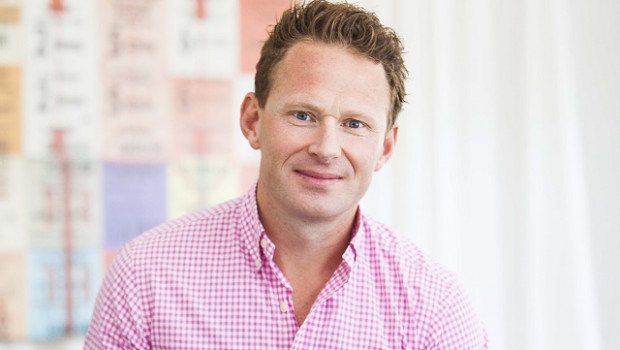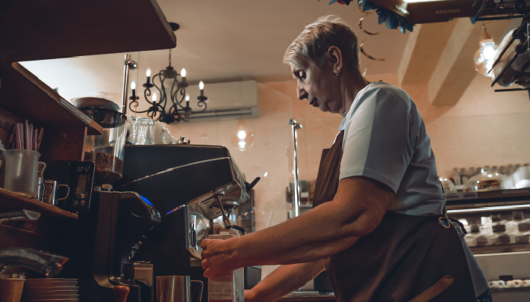
What are your top tips for people who want to live sustainably?
Keep it simple. Do the things you can actually keep doing. Make choices that you can repeat. It’s the cycle of repeating a sustainable action that really makes an impact. Whether it’s walking or riding instead of driving, opting for reusable containers instead of plastic wrap, ditching plastic bags for reusable bags – you get the picture? And, you know, reusable cups and bottles are obviously on the top of my list too.
Who are some of your favourite eco-friendly retailers?
Some of my favourite retailers follow a sustainable life cycle across the entire business operation, not just product development. They’re retailers that adopt strategies to reuse materials to cut waste out, or simply alter daily operations to avoid waste, these are Toms and Reformation.
What are some of the challenges of running a sustainable business?
Running a sustainable business presents the same challenges any other business would encounter. Marketing, manufacturing, cashflow, QA, recruitment … a business is a business, after all. I like to focus on the positive. What makes a sustainable business worthwhile is that there’s a purpose that impacts the greater good – a bigger picture that speaks to more than the business of business. When you look at it this way, the ‘challenges’ are always uplifting, an opportunity to think back to the core of why you exist and propel you to achieve great things.
Do you really believe people would pay more for a sustainable product? Do you think their interest in the issue is limited?
Do I believe that people will pay more? Yes. Absolutely! But it’s got to be quality. Everyone that makes a sustainable product thinks of the environment; that’s not the point of difference. The point of difference is creating a sustainable product that heroes the consumer across the entire product development and user journey. From the way it’s designed, made, looks and functions, it must always come back to the consumer.
One of the biggest myths around business and sustainability is:
That it costs more money to be sustainable … and that it’s harder. It takes time to perfect the principles of operating sustainably, but when the entire business ecosystem is factored into the model, you’d be surprised at how cost-efficient being sustainable actually is. One good example is reusing offcuts in the manufacturing process to create products that meet consumer demand, but also impact the bottom line of the business.
What e-commerce trends are you interested in right now?
Customers are shopping through social media more and more. It’s another wave of e-comm that, when harnessed to its full potential, can positively impact a brand on so many levels.





